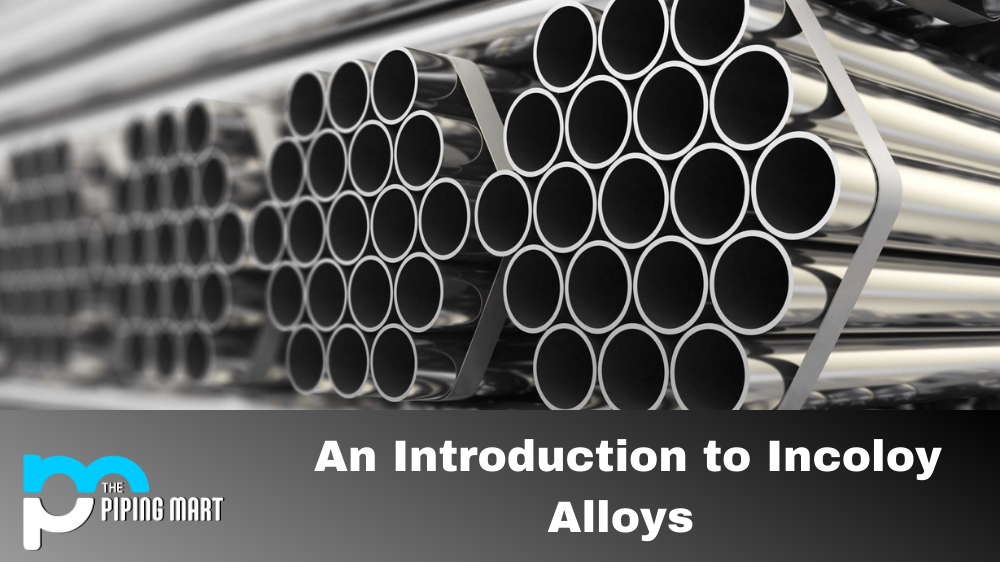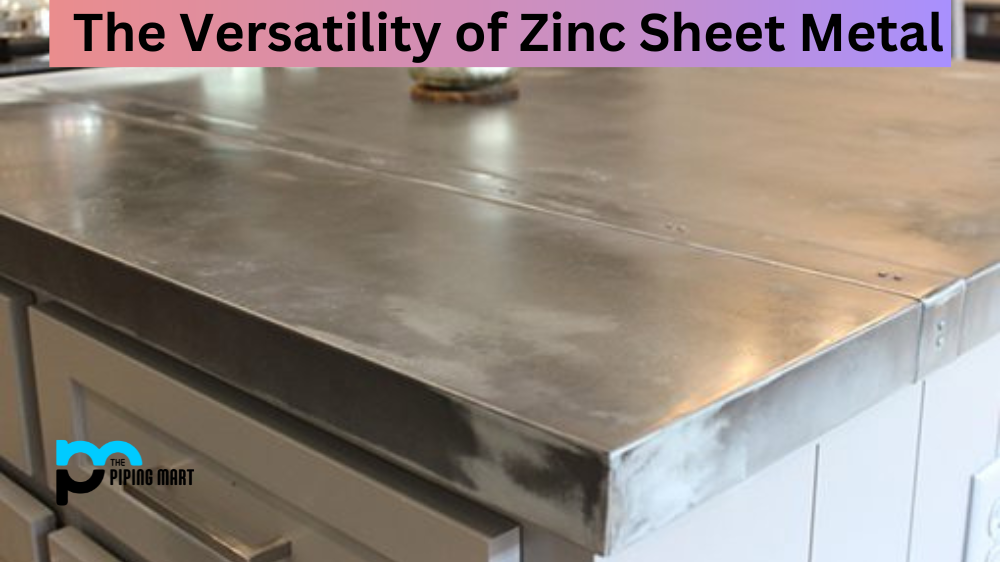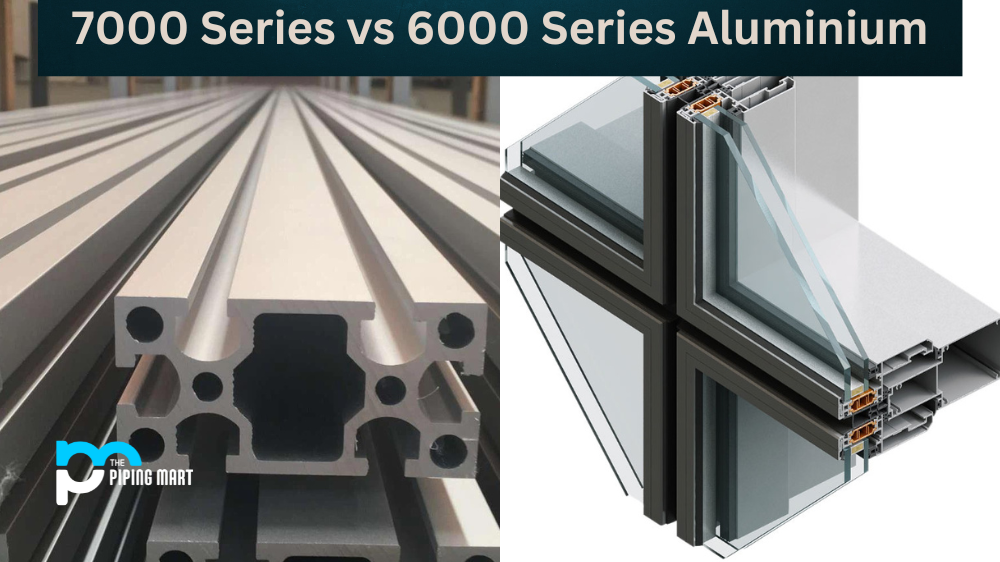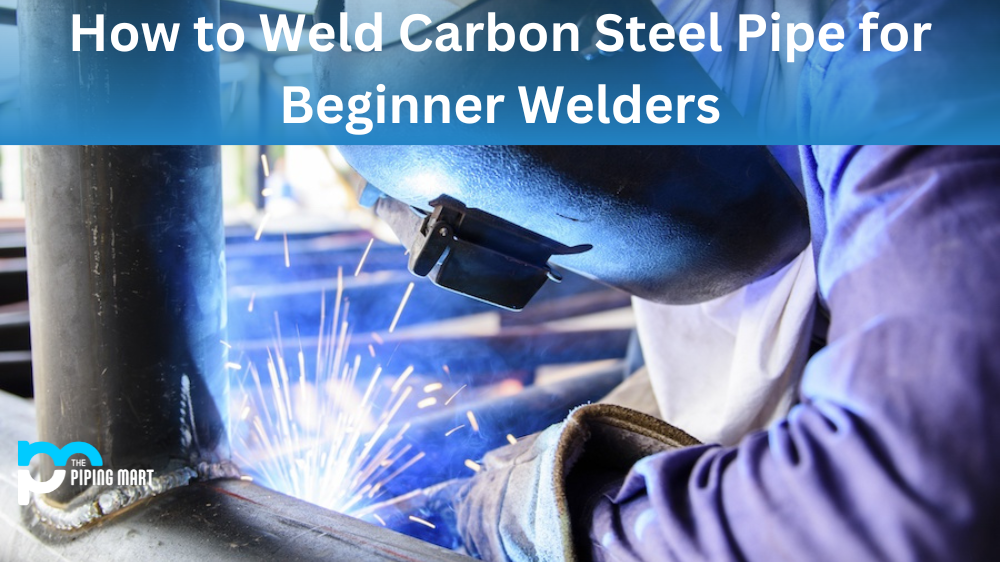If you’re in a field that requires you to use metal alloys, chances are you’ve heard of Incoloy alloys. But what exactly is Incoloy? What makes it different from other alloys? And why should you choose Incoloy over other options? Let’s explore the answers to these questions and more.
What is Incoloy?
Incoloy is a type of alloy made from a combination of nickel, chromium, and iron. It was first developed by the Special Metals Corporation in 1930 and has since become an industry standard for resistance to corrosion, heat, and oxidation.
Benefits of Using Incoloy Alloys
Incoloy alloys offer many advantages over other types of metals, including superior corrosion and oxidation resistance at high temperatures. This makes them ideal for applications like furnaces, boilers, heat exchangers, and thermowells. They also have excellent mechanical properties, making them highly resistant to wear and tear. Additionally, their ability to withstand extreme temperatures without losing structural integrity makes them an ideal choice for components used in aerospace or automotive applications as well as in petrochemical plants or nuclear reactors.
Types of Incoloy Alloys
Incoloy 800 Series Alloys
The 800 series of Incoloy alloys is composed primarily of nickel and chromium, with small amounts of iron, aluminum, and titanium added for additional strength and corrosion resistance. These alloys have exceptional oxidation resistance up to temperatures as high as 1,200°F (650°C). As such, they are often used in more demanding industrial applications such as heat exchangers, turbine components, furnace parts, and chemical processing equipment.
Incoloy 800H/HT Alloys
Incoloy 800H/HT (heat resistant) alloys are designed to offer even greater oxidation resistance than the standard 800 series due to the addition of aluminum and titanium. This makes them ideal for use in applications where temperatures can exceed 1,200°F (650°C), such as power generation plants and petrochemical refineries. Additionally, these alloys also offer excellent resistance to carburization and nitriding processes that can cause embrittlement or surface hardening in some metals.
Incoloy 825 Alloys
The 825 series of Incoloy alloys is composed primarily of nickel and chromium with small amounts of molybdenum, copper, and aluminum added for improved corrosion resistance. These alloys have excellent pitting corrosion resistance due to their higher molybdenum content compared to other Incoloy grades. They also have good weldability for ease of fabrication in many industries including oil & gas production facilities, nuclear power plants, marine vessels, waste water treatment plants, pharmaceutical manufacturing plants etc.
Incoloy vs Other Alloy Types
Compared with other alloy types, such as stainless steel or aluminium, Incoloy offers superior corrosion resistance at higher temperatures and greater strength when exposed to extreme temperature fluctuations. Additionally, Incoloy has a lower coefficient of thermal expansion than other metals, which means it can better handle the thermal shock. Plus, its low magnetic permeability helps protect sensitive equipment from strong magnetic fields generated by power sources such as transformers or electric motors.
Conclusion
In summary, Incoloy alloys are an incredibly versatile metals that offer superior performance in high-temperature environments due to their unique combination of strength and corrosion resistance. From aerospace applications to petrochemical plants, there are countless uses for this remarkable alloy—and no doubt more will be discovered in the future! So if you’re looking for a reliable metal alloy with exceptional properties for your next project or application, then consider using an Incoloy alloy today!

Pipingmart is a B2B portal that specializes in metal, industrial and piping items. Additionally, we share the latest information and information about materials, products and various types of grades to assist businesses that are involved in this business.




